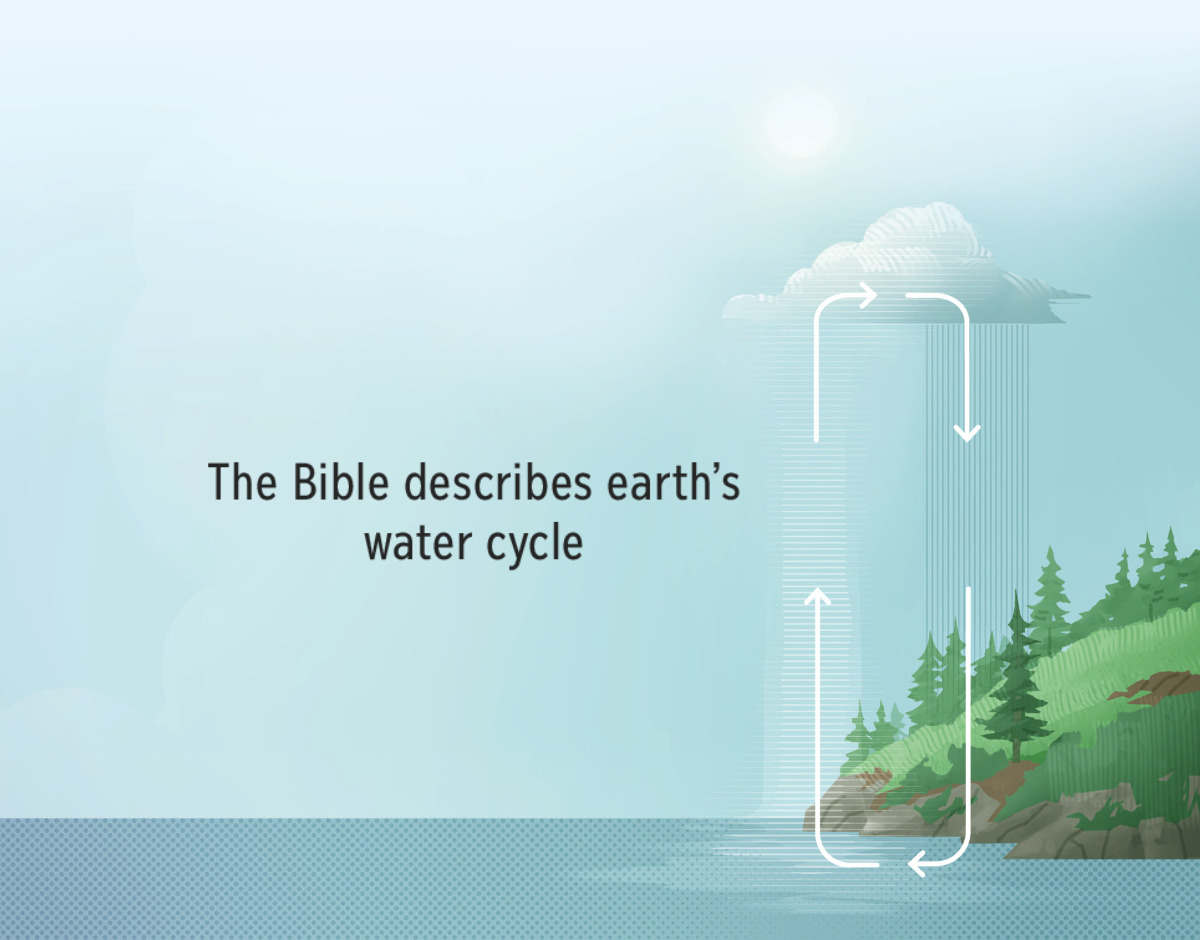The Bible makes many promises and offers much advice. Likely you are curious about what it teaches, but perhaps you are also cautious. Should you trust promises and advice from such an old book? Can you really believe what the Bible says about enjoying life now and in the future? Millions of people do. Let us see whether you can too.
1. Is the Bible a book of fact or fiction?
The Bible claims to be a record of “accurate words of truth.” (Ecclesiastes 12:10) It relates real events that involved real people. (Read Luke 1:3; 3:1, 2.) Many historians and archaeologists have confirmed the accuracy of important dates, people, places, and events described in the Bible.
2. Why can we say that the Bible is not out-of-date?
In many ways, the Bible has proved to be ahead of its time. For example, it touches on scientific subjects. Much of what it says on those subjects was controversial when it was written. However, modern science confirms that what the Bible says is accurate. It is “always reliable, now and forever.”—Psalm 111:8.
3. Why can we trust what the Bible says about the future?
The Bible contains prophecies a that foretell “the things that have not yet been done.” (Isaiah 46:10) It accurately foretold numerous historical events long before they occurred. It also described today’s world conditions in striking detail. In this lesson, we will examine some of the Bible’s prophecies. Their accuracy is amazing!
DIG DEEPER
Examine how modern science agrees with the Bible, and investigate a few impressive Bible prophecies.
4. Science agrees with the Bible
In ancient times, most people believed that the earth rested upon something. Play the VIDEO.
Notice what was recorded in the book of Job some 3,500 years ago. Read Job 26:7, and then discuss this question:
-
Why is the statement that the earth is suspended “upon nothing” surprising?
It was not until the 1800’s that the earth’s water cycle was well understood. Yet, notice what the Bible stated thousands of years ago. Read Job 36:27, 28, and then discuss these questions:
-
Why is this simple description of the water cycle remarkable?
-
Do the scriptures you just read strengthen your trust in the Bible?
5. The Bible foretold important events
Read Isaiah 44:27–45:2, and then discuss this question:
-
What details did the Bible foretell 200 years before the fall of Babylon?
History confirms that King Cyrus of Persia and his army conquered the city of Babylon in 539 B.C.E. b They diverted the river that protected the city. After entering the city through gates that had been left open, they captured it without a battle. Today, over 2,500 years later, Babylon lies in ruins. Note what the Bible foretold.
Read Isaiah 13:19, 20, and then discuss this question:
-
How does what happened to Babylon confirm the fulfillment of this prophecy?
6. The Bible foretold things we see today
The Bible refers to our time as “the last days.” (2 Timothy 3:1) Notice what the Bible foretold about this time period.
Read Matthew 24:6, 7, and then discuss this question:
-
What significant conditions did the Bible say would exist during the last days?
Read 2 Timothy 3:1-5, and then discuss these questions:
-
What common attitudes of people during the last days did the Bible describe?
-
Which of these attitudes have you observed?
SOME PEOPLE SAY: “The Bible is a book of myths and legends.”
-
In your opinion, what is the strongest evidence that the Bible is trustworthy?
SUMMARY
History, science, and prophecy all indicate that you can trust the Bible.
Review
-
Is the Bible a book of fact or fiction?
-
What are some areas where science agrees with the Bible?
-
Do you think that the Bible foretells the future? Why, or why not?
EXPLORE
Are there scientific errors in the Bible?
What are the facts about “the last days”?
“6 Bible Prophecies You Are Seeing Fulfilled” (The Watchtower, May 1, 2011)
Learn how Bible prophecies about the Greek Empire came true.
Discover how Bible prophecies changed one man’s view of the Bible.
















